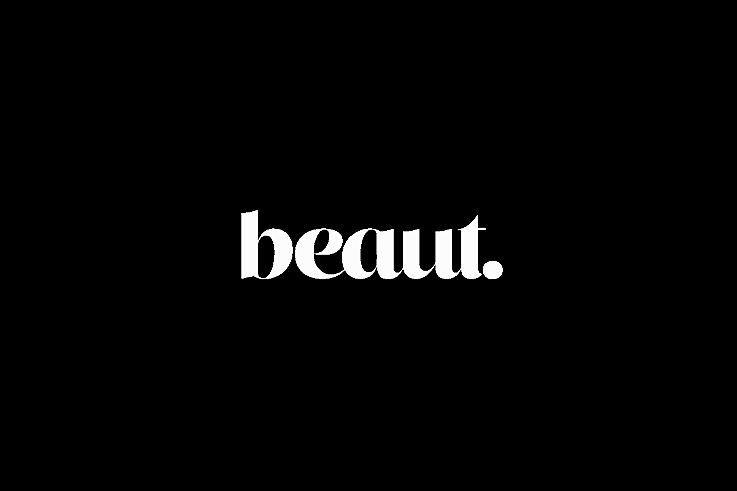
Exfoliators help to smooth and brighten our skin. We know they're an essential step for a healthy complexion, but which type is right for you?
Exfoliators are an essential step in any skin care routine. Sure, sometimes we might forget about them for a few days, but they're always waiting in the wings to help save the day. And let's be honest, there's nothing quite like the feeling of a freshly exfoliated face. When that's done, serums and moisturisers seem to sink in more quickly, makeup applies and sits better. It's win-win really.
When it comes to exfoliators though, which type is right for you? In general, there are two main types to choose from, physical and chemical.

Physical
Physical exfoliators are split into different subcategories. But the main thing that ties them together is that you physically/manually massage them into skin. The traditional type is basically a classic scrub. But as with all skincare nowadays, it doesn't end there. There are endless types of scrub available, from hydrating to clarifying, detoxing to brightening.
Advertised
In general, physical scrubs will suit all skin types, although anyone prone to sensitivity or redness should always opt for finer granules to avoid irritation. If in doubt, be gentle, there's no need to scrub and scrub... and scrub.
Another version of physical exfoliators comes in the form of mechanical cleansing devices such as the Clarisonic. These are sort of like an electric toothbrush, but for your face. In fact, a lot of them use similar technology to electric toothbrushes. Again, these can give good results in terms of improving texture and tone in skin, but use them wisely. It's very easy to go overboard (especially if you're new to gadgets).
Chemical
Chemical exfoliators always sound a lot more terrifying that they actually are in real life. These refer to formulas that contain ingredients that can slough off dead skin cells without the need to physically scrub skin. Usually, the formulas will contain some form of AHA (Alpha Hydroxy Acid) and BHA (Beta Hydroxy Acids) such as salicylic, lactic, and glycolic.
In the same way that traditional scrubs come in different types, so too do chemical exfoliators. There are versions out there to suit every skin type and condition imaginable. They are particularly good for acne prone skin, especially when it comes to repairing scarring or pigmentation. Similarly, though, chemical exfoliators can help to manage fine lines and skin cell renewal (which helps to give a brighter, more youthful complexion).
Advertised
Do you have a preferred method of exfoliating? Or do you like to mix it up a bit?



